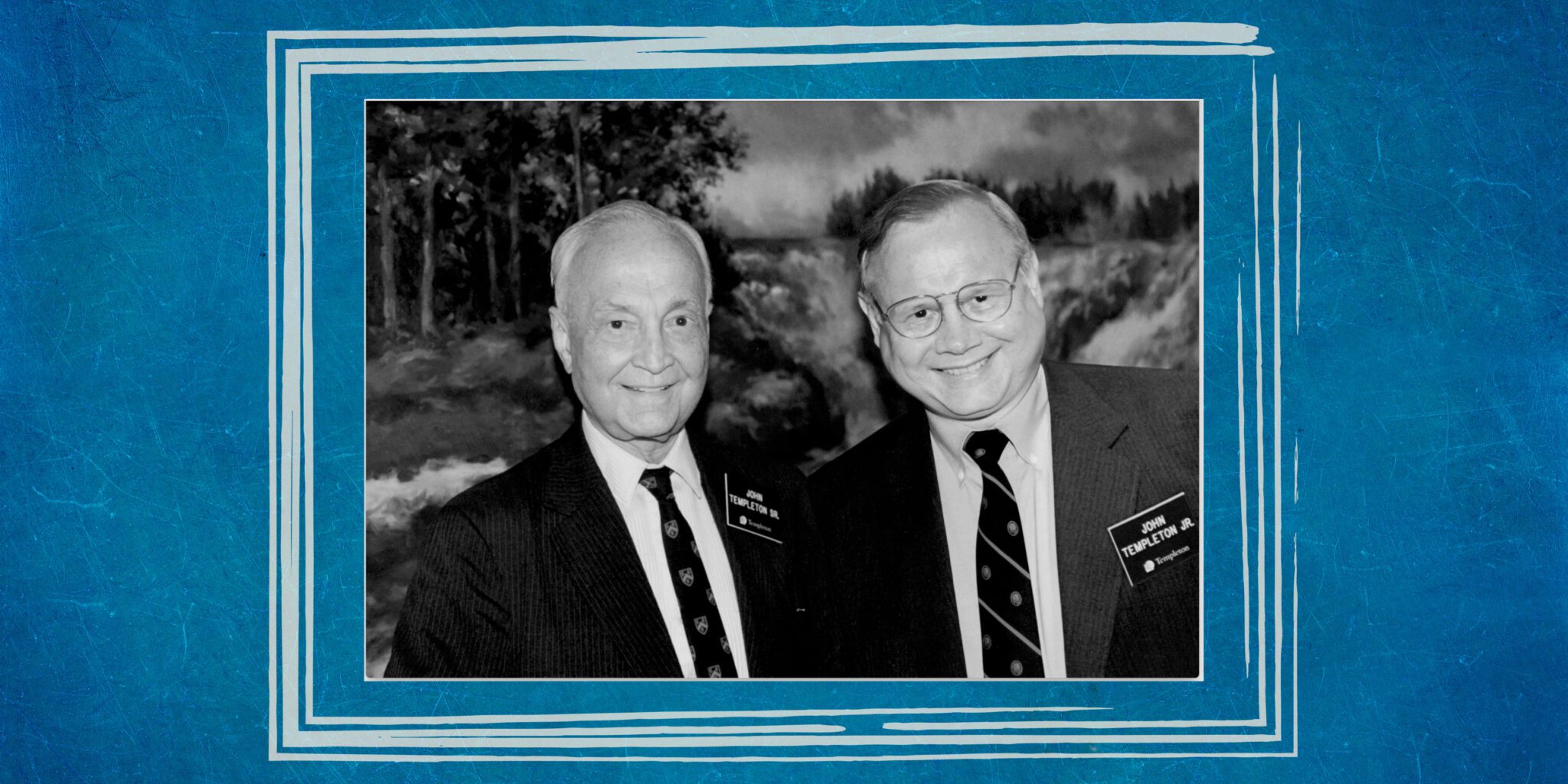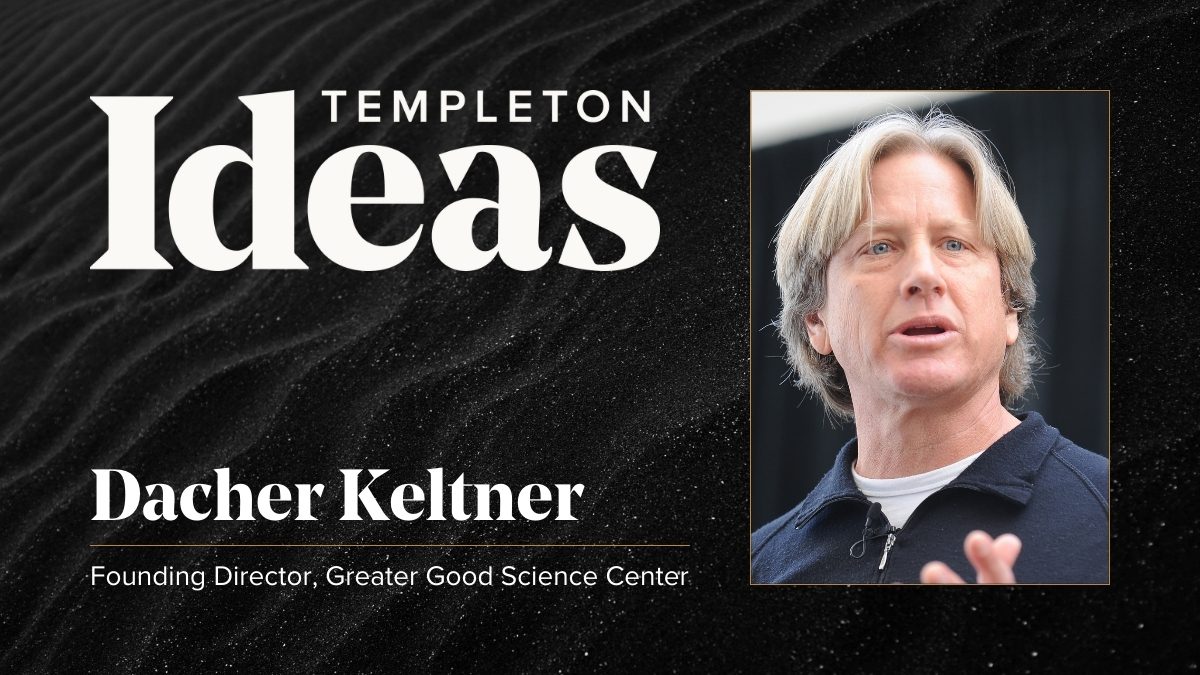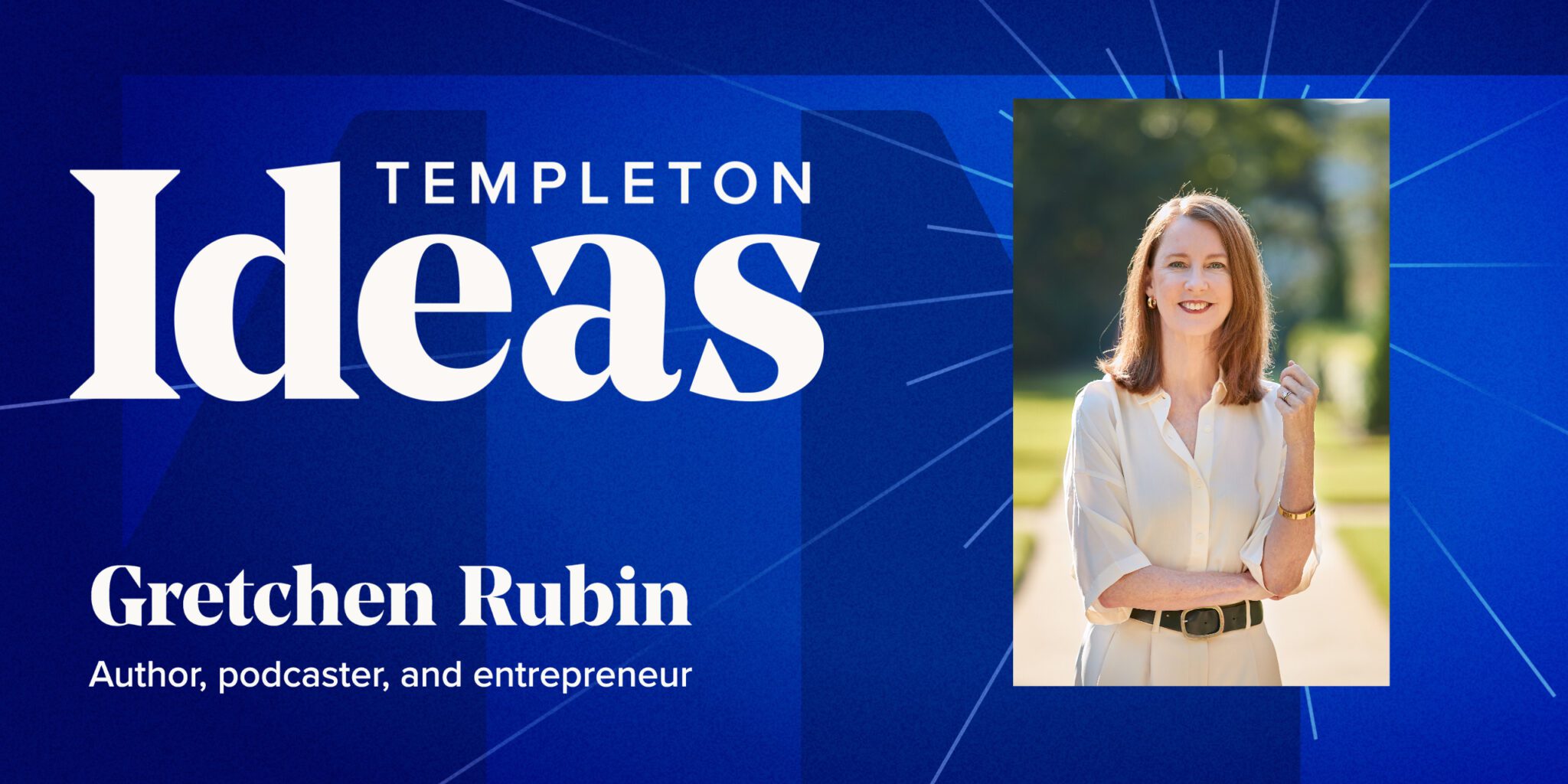Are you looking for some awe-inspiring reading this summer? Below is a list of science-inspired novels that I have found exceptionally creative, thought-provoking, and entertaining. All are available as audiobooks, too, if that’s your thing (that’s how I consumed all of them). They range from a visionary classic by a Polish philosopher-novelist, to contemporary Chinese short stories that chart a series of alternative futures– some inspiring, others dystopian.
As Ray Bradbury once wrote, science fiction is “always the art of the possible, never the impossible,” and offers a way to explore ideas that may soon change the world. Dive in, explore, enjoy, and if you want, please share your reactions or nominations with us at ideas@templeton.org
Solaris (1961), by Stanislaw Lem
This novel is a thought experiment of contact with an alien intelligence that is so unlike ourselves that even the greatest scientists are befuddled—for centuries. At what point do we admit that something is beyond our comprehension? When does curiosity become pure hubris, and what is the role of intellectual humility in the scientific endeavor? Also, what is the boundary between experiment and violence?
The Wandering Earth (2000), by Cixin Liu
Having read Liu’s The Three Body Problem, I had high expectations, and this collection of short stories proved every bit as good. Liu’s stories are so incredibly creative– I think he ranks as high as Asimov, Clarke, Heinlein, or any of the other great science fiction writers. I am grateful for translators who make works of literature accessible in different languages. I’ve often heard of the value of science diplomacy, but I think sci-fi diplomacy could play such a role, too.
The Stars My Destination (1956), by Alfred Bester
The audio production of this novel is exquisite. What lengths would a man go to enact vengeance, and at what cost? The protagonist is monstrous but captivating, and the plot turns are utterly unpredictable. This book belongs in the pantheon of the world’s greatest science fiction, and it will keep you on edge from cover to cover.
The Sparrow (1996), by Mary Doria Russell
Jesuits are seldom the protagonists in popular culture, but they have a (mostly) illustrious history of intellectual rigor, adventure, and multicultural sensibilities. If we were to discover an exoplanet that we could travel to, I think humanity would be well-served to have a Jesuit or two among the exploratory party. One way to look at this book is as a 21st century adaptation of the book of Job. Why would God allow such tremendous suffering of someone who did everything in his power to love and serve others? For those of us who have grown numb to Job’s travails, Father Emilio’s saga gives a fresh picture of an innocent man suffering abject humiliation and dehumanization.
The Left Hand of Darkness (1969), by Ursula K Le Guin
A visitor from another planet seeking an interplanetary alliance, a unisexual people descended from humans, two foreign cultures, political brinkmanship, and a harsh frozen landscape. This book is just stacked, and still its plot runs smoothly while you root for the protagonist.
The Terminal Experiment (1995), by Robert Sawyer
Imagine creating three digital simulations of yourself, the first as nearly identical to you as possible. The second version would be what you imagine what a disembodied soul would feel like, to simulate an afterlife (of the Platonic variety). The third version would be embodied but immortal, in which you would never experience aging, sickness, or death. Put all three in the same environment—cyberspace—and watch what happens. Would any or all of the three act similarly to the original person? In this imagined account, all three personas rapidly diverge from the original, each in their own way. Regardless of what one thinks about death, afterlife, souls, and immortality, this set of scenarios is critical to reflect on, because like it or not, artificial intelligence is going to make new kinds of life possible, and the initial conditions we give it may make a big difference in how it develops.
The Moon is a Harsh Mistress (1966), by Robert Heinlein
The premise is original and fantastic—a highly-advanced computer becomes friends with a computer technician, the only person that the computer thinks is “not stupid”. The technician gets caught up in a revolutionary movement to overthrow the authorities who are oppressing the residents of the Earth’s moon. I had never thought that the moon could have a strategic advantage over the earth by being at the top of a gravity well. You can send objects much more easily from the moon to Earth, rather than vice versa. Is it feasible to catapult a rock large enough that it could slam into the earth and produce a massive explosion? I don’t know if the energy requirements would be realistic, but it’s a fascinating question of projectile physics.
The Bees (2014), by Laline Paull
A honeybee as the protagonist in a full-length novel? What a fascinating premise. This was one of the most original books I’ve ever read. Though it’s not clear which details were fact and which were fiction, I loved learning about the different roles inside a beehive and the challenges they faced. I don’t think I’ll ever look at bees in the same way again. And it led me to conclude that if more humans paid such close attention to the activities that were happening right under our noses, we might strongly reconsider our values and desires in terms of how we relate to the world and what we want from it.
The Last Policeman (2012), by Ben Winters
What would happen to our society if astronomers detected a large asteroid that was headed directly for Earth, certain to wipe out all life, but it would be a year, or even ten years, before the impact occurred? People stop going to work, men abandon their families, critical infrastructure breaks down, and law enforcement collapses (hence the title, “The Last Policeman”). All this takes place before the impact event. I’m not normally someone who reads crime novels, but it is fascinating to consider what a dedicated police detective would do as a civilization rapidly unwinds, all his colleagues quit, and criminal activity explodes.
Odd John (1935), by Olaf Stapledon
A new race of humans is born in our midst. Depending on the beholder, they are either deformed monsters or humanity’s only hope for a better future. Odd John’s monologue in the middle of the novel is one of the finest passages I’ve read. It’s extraordinary that it was composed in the mid-1930’s, as it sounds like it couldn’t have come before the second world war– I already find myself wanting to re-read that passage.
Still Curious?
If you’re interested in ideas that inspire awe and wonder, check our the Templeton Ideas podcast for a series of thought-provoking conversations.




